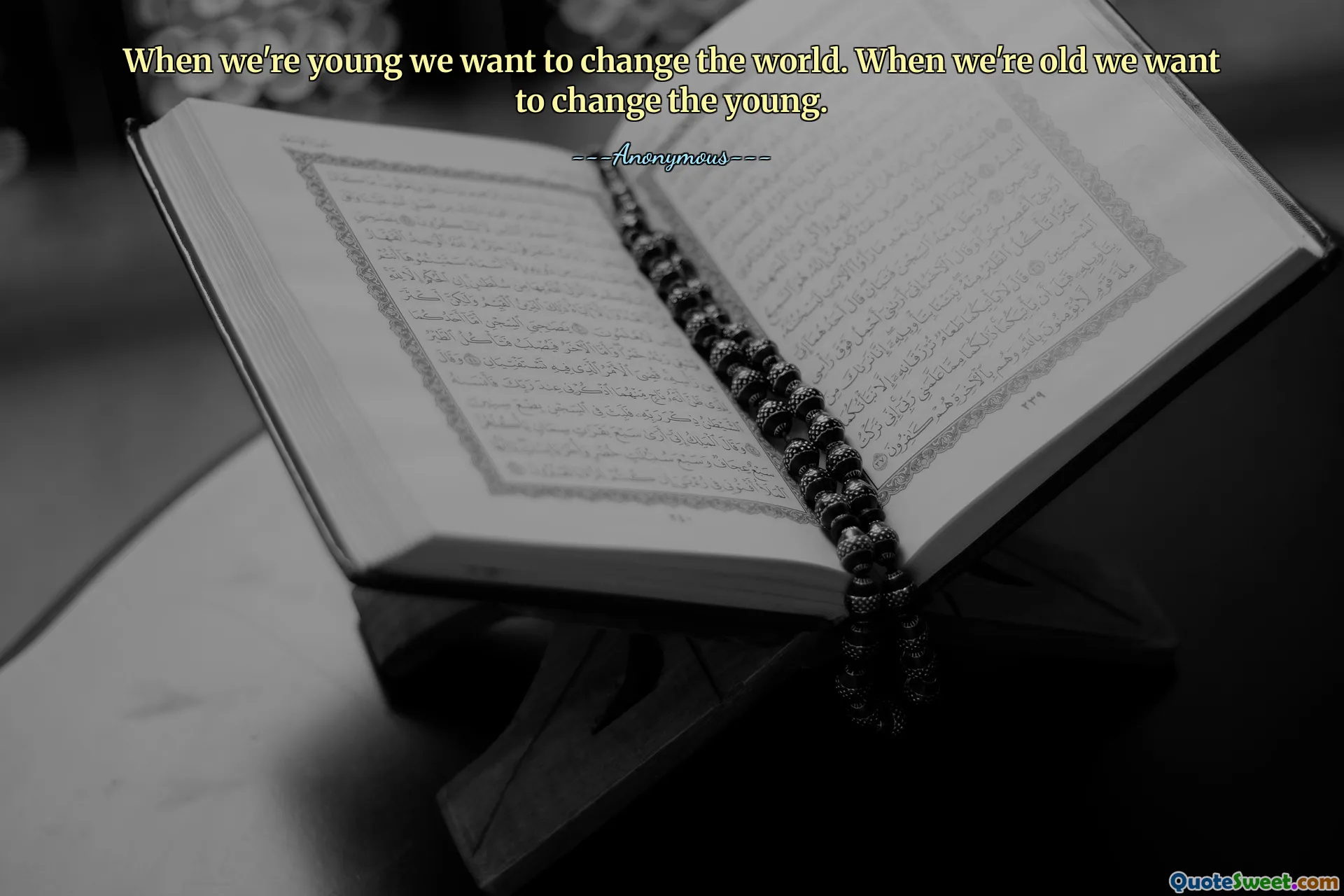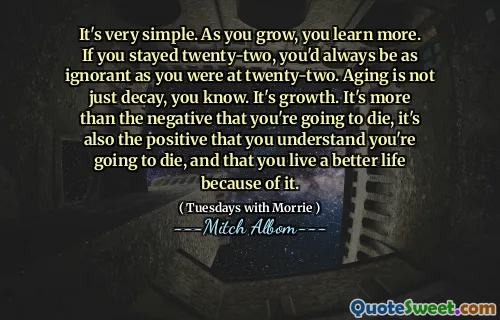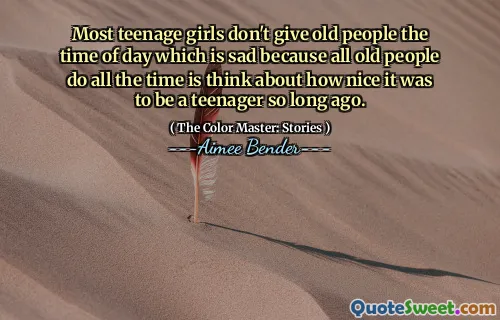
When we're young we want to change the world. When we're old we want to change the young.
This quote captures a profound truth about the cycle of life and the evolving nature of influence and perspective. When we are young, we often possess idealism and a desire to make a significant impact, aiming to transform society and leave an enduring legacy. Our youthful energy fuels dreams of innovation and progress, sometimes driven by a sense of urgency and a belief in our capacity to shape the future.
As time passes and we accumulate experiences, our perspectives shift. Aging often brings a deeper understanding of human nature, the complexities of societal change, and the importance of mentorship and guidance. In our later years, instead of seeking to reinvent the world on a large scale, we may focus on shaping the minds and hearts of the younger generation, sharing our wisdom and insights. This transition can be seen as a natural progression from external change to internal legacy.
The quote also alludes to the cyclical nature of influence: the ideas and values we hold tend to pass through generations, and our role evolves from being agents of change to nurturing change in others. It highlights the importance of intergenerational relationships—both in personal lives and within society.
Ultimately, this reflection underscores that influence during different stages of life may look different, but both are crucial for societal progress. It encourages a balance in one’s life—having the passion to create meaningful change when young, paired with the patience and wisdom to guide others when old. It reminds us of the continuous, interconnected journey of learning, teaching, and evolving across our lifespan.











